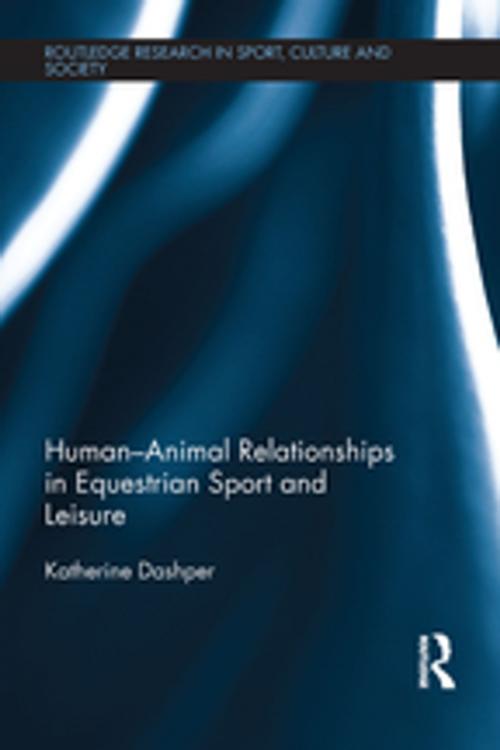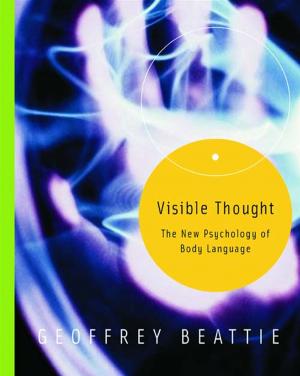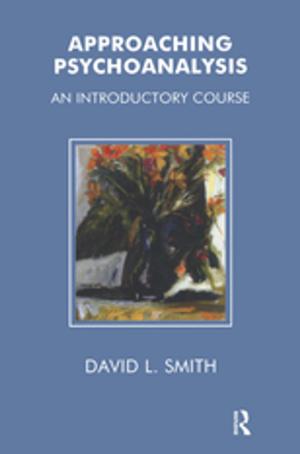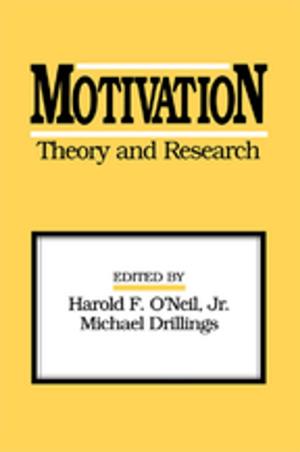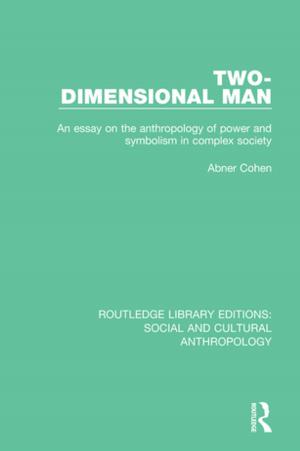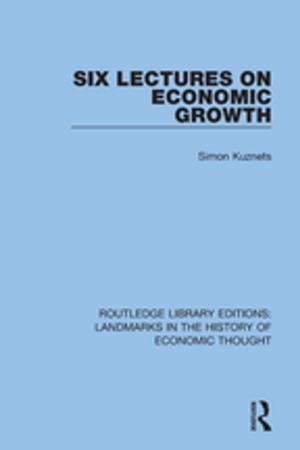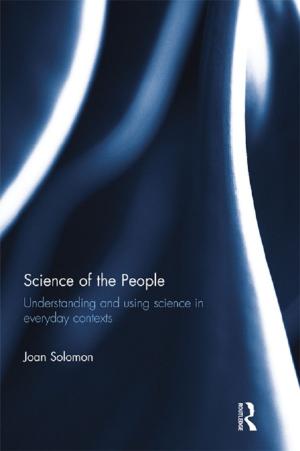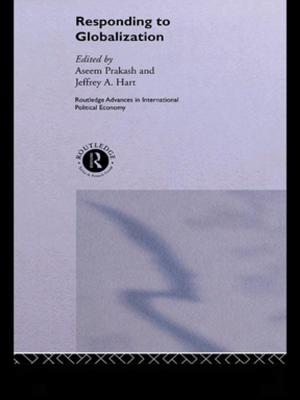Human-Animal Relationships in Equestrian Sport and Leisure
Nonfiction, Sports, Horse Sports, Equestrian| Author: | Katherine Dashper | ISBN: | 9781317390268 |
| Publisher: | Taylor and Francis | Publication: | October 4, 2016 |
| Imprint: | Routledge | Language: | English |
| Author: | Katherine Dashper |
| ISBN: | 9781317390268 |
| Publisher: | Taylor and Francis |
| Publication: | October 4, 2016 |
| Imprint: | Routledge |
| Language: | English |
Riding, training and caring for horses are visceral experiences that require the immersion of both body and mind. This book provides an in-depth understanding of human–horse relationships and interactions as embodied in equestrian sport and leisure.
As a closely focused ethnographic study of the horse world, it explores the key themes of partnership and collaboration in human–horse communication, the formation of individual and collective identities performed through involvement in the horse world, and human–horse interaction as an embodied way of being. This book argues that encounters between humans and horses can reveal the ways that human society has been and continues to be structured through intersection with nonhuman others. Equestrian sport and leisure provides an apt context for considering how such concepts of interspecies communication and collaboration are negotiated, managed, (mis)understood and performed, resulting in a uniquely embodied way of knowing and being in the world.
Human–Animal Relationships in Equestrian Sport and Leisure is fascinating reading for anyone interested in equestrianism, human-animal studies, theories of embodiment, the sociology of sport, or sport and social theory.
Riding, training and caring for horses are visceral experiences that require the immersion of both body and mind. This book provides an in-depth understanding of human–horse relationships and interactions as embodied in equestrian sport and leisure.
As a closely focused ethnographic study of the horse world, it explores the key themes of partnership and collaboration in human–horse communication, the formation of individual and collective identities performed through involvement in the horse world, and human–horse interaction as an embodied way of being. This book argues that encounters between humans and horses can reveal the ways that human society has been and continues to be structured through intersection with nonhuman others. Equestrian sport and leisure provides an apt context for considering how such concepts of interspecies communication and collaboration are negotiated, managed, (mis)understood and performed, resulting in a uniquely embodied way of knowing and being in the world.
Human–Animal Relationships in Equestrian Sport and Leisure is fascinating reading for anyone interested in equestrianism, human-animal studies, theories of embodiment, the sociology of sport, or sport and social theory.
